When in Rome, a visit to the City of Vatican is a must. Apart from many perfectly preserved antiques tucked inside Vatican Museums and world famous St. Peter's Basilica, the world's smallest independent state is also the place of residence of the world's most popular pop icon - the Pope himself.
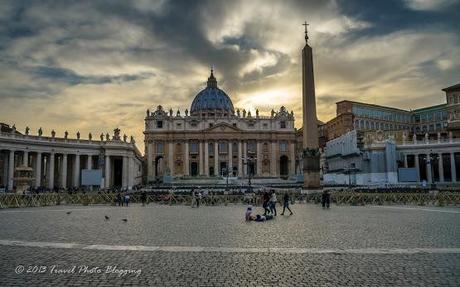
It does not really matter which one of those attractions is your thing, you should make at least a short stop in Vatican when in or near Rome.
No matter in which part of the city one might be, the iconic St. Peter's Basilica almost always dominates the skyline of the eternal city. If during your visit there is time for only one thing, this should be it. Despite the obvious fact that it is really huge, an enormous amount of effort was also invested in details.
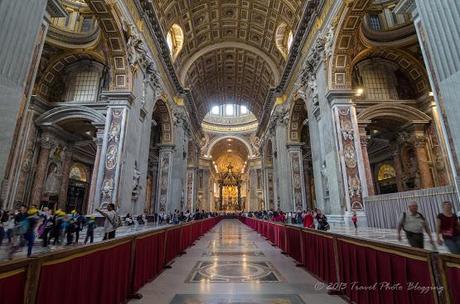
After entering the basilica it actually did not appear all that huge. Only after I started walking towards the main altar I got the right feeling of the place. It is built with the opposite philosophy in mind compared to the majority of other similar structures - it is built in a way to appear smaller than it actually is. This became really evident to me when I climbed to the balcony built around the inside of the cupola. Only from there I could see the true size of those letters of the inscription at the base of the cupola - they are 2 meters (6.6 ft) high. That is also the approximate size of the four cherubs positioned at the first piers of the nave, carrying two Holy Water basins.
Another thing that might help you grasp the true size of this structure is on the floor of the nave. Starting from the entrance, there are several markers showing lengths of other churches in comparison to St. Peter's.
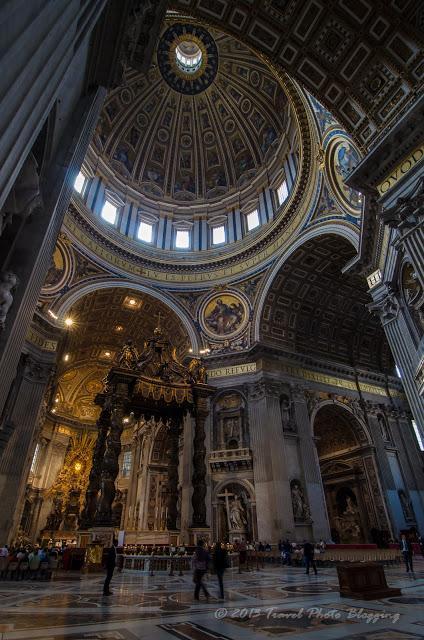
If one of your reasons for visiting the basilica is of photographic nature, you might like to know that at certain times each day crepuscular rays are regularly seen coming through windows. They make an already great photo setting even better. Unfortunately at the time of my visit, there were none to be seen.
Another thing worth doing while at the basilica is climbing to the top of its dome. Views in all directions are truly spectacular. If you want to save a few Euro you should skip the elevator. Even if you don't mind spending a few extra coins on a commodity like that, you should keep in mind that it will not take you to the top. The hard part of stair-climbing is at the very end - those stairs that can be skipped by using the lift seemed like a nice warm-up to me.
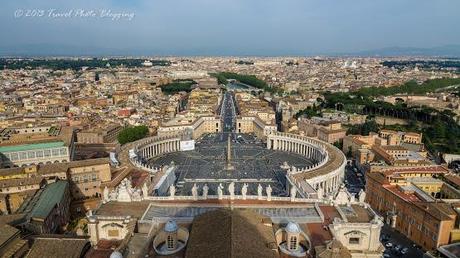
On days when the Pope makes his public appearance (usually on every Wednesday he holds a "papal audience" in St. Peter's Square) you can expect a large crowd of people (literally thousands of people from all over the world) and increased security there. It is also worth noting that on those days you will probably not have to face usually very long queues when entering Vatican museums. In any case I strongly advice you to book your Vatican museums tickets on-line in advance. For attending a Papal audience you will also need a (free) ticket. Try to be there at least a few hours early.
If seeing the Pope is one of your main reasons for visiting Rome, you should also keep in mind that during the summer (mid June or so through late August) the Pope will not be in the Vatican - at that time he will be at his summer residence (Castel Gandolfo).
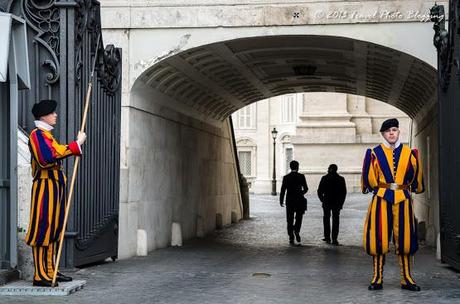
Swiss guards are also one of Vatican's attractions. If you want to witness the change of guards you can observe it below the Arco delle Campane (if looking at the front of the church, it is the low arch on the left side of St. Peter's basilica) and at most other entrances to restricted areas at every hour on the hour.
You should however not expect the "fanfare" or a particular formal ceremony such as for instance at the Buckingham Palace in London. Nevertheless, they do look quite nice in their colourful uniforms.
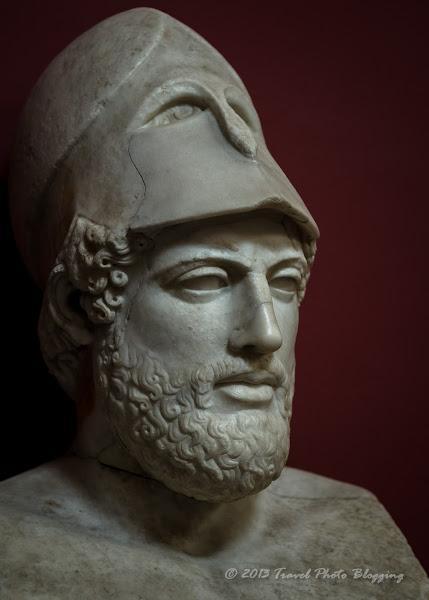
The Vatican museums are just huge to say the least. Therefore I decided to dedicate a separate post to the subject. It will be the topic of my next post, so stay tuned.








